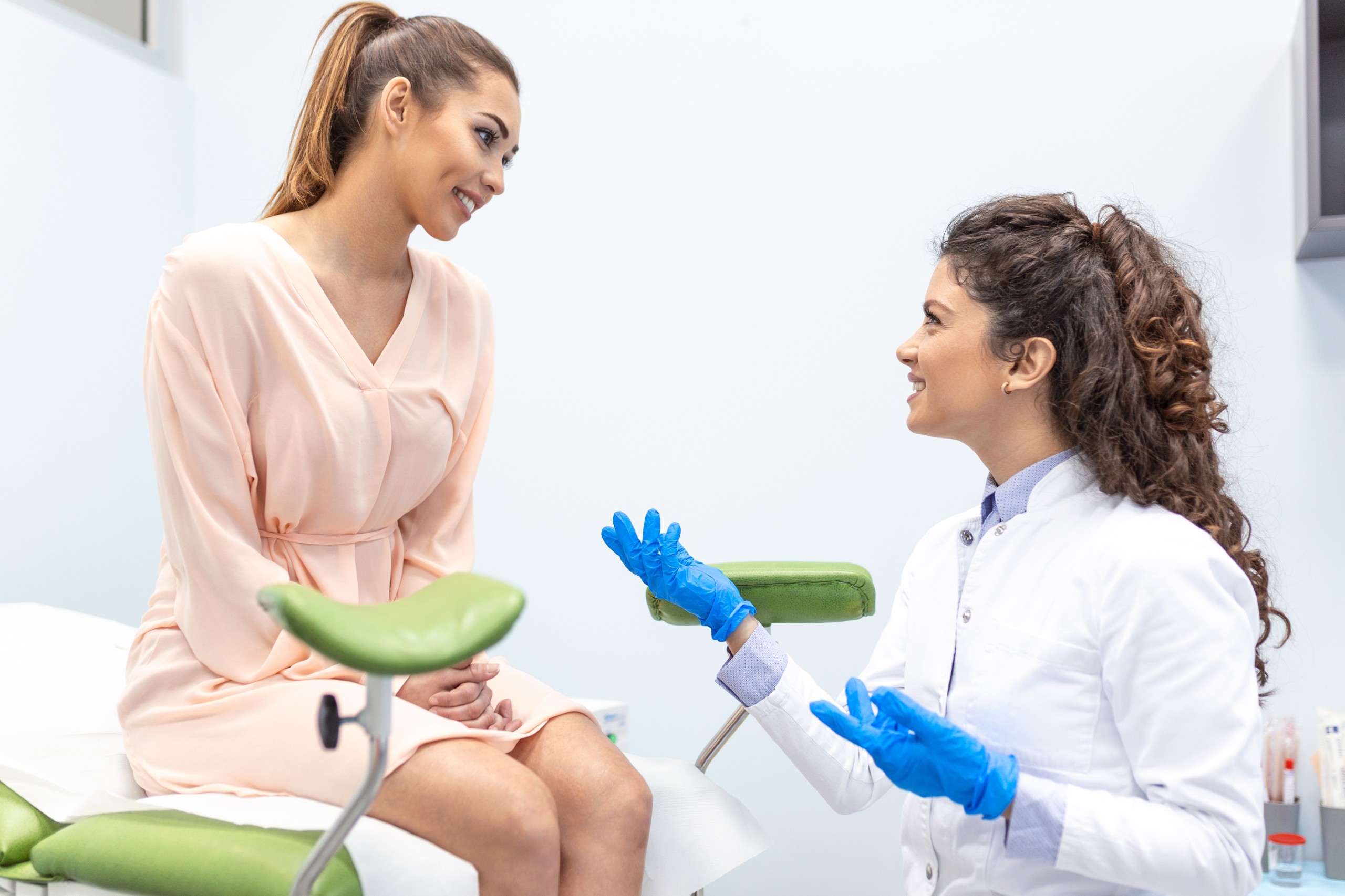Screening measures like pap smears can make the detection of cervical cancer safe and painless. The U.S. Preventative Services Task Force (USPSTF) 2022 guidelines recommend that women receive a pap test every three years.
Pap smears are an essential tool in detecting cervical cancer during its early stages. Unfortunately, they are not foolproof, and it is possible to have a false negative or a false positive. It is estimated that 10 to 20 percent of pap smear results are false negatives, and a false negative is more common than a false positive.
A false negative is when you receive negative test results despite the presence of abnormal cells and a false positive is when you test positive despite no abnormal cells being present.
False results may not be the fault of the doctor performing the exam or the lab technicians. There are several uncontrollable diagnostic factors that may result in inaccurate results.
Factors in a False Negative
Cervical cancer can take years to develop. During this time, you might receive a false negative due to how few abnormal cells are present at the time of testing.
Other cells, such as blood or inflammatory cells, can potentially obscure the abnormal cells during collection.
It is also possible that the collection of cells during the pap smear was inadequate.
However, false negatives are not always catastrophic events, especially if the reason for the negative result was an extremely low level of abnormal cells. It is still possible cervical cancer will be caught while in its early stages, even after an initial false negative. If you experience potential cervical cancer symptoms despite recently having received a negative test result, it may be in your best interest to have a new pap smear performed.
Different Types of Cancerous Cells
A positive result from a pap test, while concerning, can mean several different things. The seriousness of the positive test result will generally be based on the cells discovered and their concentration.
- Atypical Squamous Cells of Undetermined Significance (ASCUS): Atypical Squamous Cells of Undetermined Significance are the most common abnormal finding in a pap test. These abnormal cells can be indicative of several things, including a yeast infection. Other potential causes for ASCUS can be a benign growth, like a cyst, or they can be the result of low hormones.Atypical Squamous Cells of Undetermined Significance can also indicate the presence of certain strains of the human papillomavirus (HPV). In this case, your doctor may suggest an HPV test or a second pap smear to accurately gauge the significance of the results.
- Squamous Intraepithelial Lesion (SIL): Squamous Intraepithelial Lesion is a term used to describe cells that might be precancerous. This term indicates a growth of abnormal cells on the cervix. These cells are classified as being either low grade or high grade depending on their shape and the risk of them developing into pre-cancerous cells.
- Atypical Glandular Cells: Atypical glandular cells are the mucous cells that appear on your cervix. They can appear abnormal, but without further testing it will be unclear if they are cancerous.
- Squamous Cell Cancer or Adenocarcinoma: Squamous Cell Cancer or Adenocarcinoma are terms that indicate extremely abnormal cells that likely indicate cancer is present.
After abnormal test results, your doctor might recommend several actions depending on the cells detected. They might want to perform a colposcopy, where they examine your tissue using special equipment, or they might recommend a biopsy. During a biopsy your doctor will collect a tissue sample to examine your cells more closely to ensure accurate analysis and diagnosis.
There are some things that you can do to prepare for your pap smear to ensure that your test results are as accurate as possible.
How to Prepare for a Pap Smear
Some actions make false results more likely, and it is recommended that you avoid doing these things in advance of receiving a pap smear.
- Avoid vaginal intercourse and the introduction of any foreign materials two days prior to your pap smear. Foreign materials include douching, spermicides, lubricant or any other materials that might obscure pap smear results.
- It is recommended that you do not schedule your pap smear during menstruation as blood and other tissues can make the detection of abnormal cells difficult.
Discover Compassionate Care at the Community Cancer Center in Rosburg, Oregon
We believe in providing the highest quality care to our patients and have an exceptional staff on hand. If you have been diagnosed with cervical cancer, call us at 541-673-2267 (ext. 5100) or send us a message to schedule an appointment.
